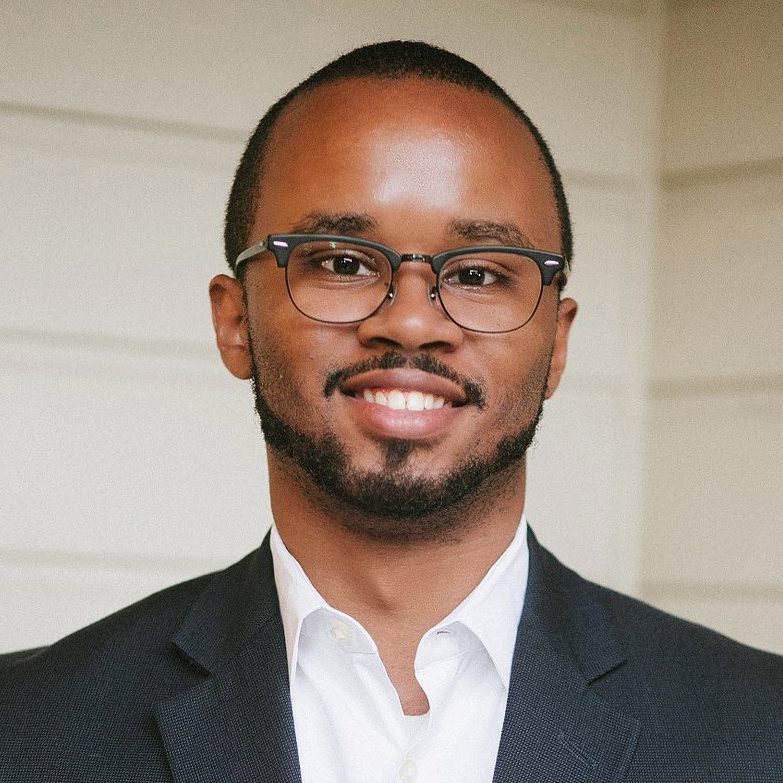This post continues our series, The Smart Scholar, on preparing for and attending an academic conference.
Lately my social media timeline has been filled with various hashtags indicating colleagues in the field are attending their discipline’s academic conference. While conference season is a great opportunity to connect with friends from around the country who you have not seen in several months (or years), for some more introverted folks—including myself—academic conferences can be quite overwhelming.
Nevertheless, academic conferences have great potential to provide professional development and networking opportunities. I believe you should have some strategy in mind to make the most of your conference attendance, and to help alleviate that overwhelming feeling. In this post, I provide three strategies on how to make the most of your conference attendance.
Reach out to folks before the academic conference
Is there a scholar whose work has influenced yours whom you would like to chat with at the conference? If so, I would highly suggest that you reach out to this individual before the conference to inquire about their conference schedule and see if you can set up a 30-minute meeting at the conference.
I think it is important to set meetings beforehand for two main reasons:
- Top scholars may have a litany of responsibilities at a conference (presenter, discussant, organization officer, meeting with colleagues) that might leave them with small amounts of time at the conference to meet. Thus, if possible, getting on their schedule beforehand will ensure you have the opportunity to chat with them.
- Attempting to engage in a conversation after the scholar’s presentation might be difficult, as you may be competing with other attendees who also want to talk with the individual about their presentation.
How do you make the most of your meeting time? I once met with a graduate student who came to our meeting with an agenda of the items she wanted to discuss. I found it very helpful as it guided our conversation and made sure she got the most out of the conversation. While you may not have a formal agenda, make sure you have some ideas about what you want to gain from the conversation so that the time with the scholar is fruitful.
Be strategic about what sessions you attend
Let’s face it: at most conferences, there are too many presentations and not enough time! And it seems the ones I want to attend always occupy the same slot in the schedule. Consequently, over the years I have had to be more strategic about the sessions I attend. Moreover, I have created a team of my colleagues who have similar interests. When presented with conflicting sessions, we each go to a different one, and then we have a conversation later on in the conference (or after) about what was presented in each session. I think this approach is useful for graduate students as you can all discuss with each other what you learned from attending various sessions.
Attend networking events at the academic conference
I am often reminded by my experience in academia that the networking and social events are just as important as the formal conference presentation sessions. At networking events you get to interact with individuals in a more relaxed environment than at a presentation.
As a graduate student, I published my first peer-review journal article, and at a conference that same year, I attended a social gathering. I was able to meet three of the authors at the gathering whom I cited in my paper (and I did not know them previously!). To this day I still have a relationship with those individuals, but I believe it was fostered as a result of attending the social event.
For many, navigating networking and social events comes easily. However, for my more introverted readers, I truly understand how these events can feel overwhelming. To combat your apprehension, try to build a deeper connection with 3-5 folks rather than having surface level conversation with 20. To make the most of these conversations do more listening and see where there is a connection between you and the other individual. That connection can be related to aspects of your job (e.g., research interests), but that connection can also be forged based on your like for similar past times (e.g., traveling).
What suggestions do you have on making the most out of conferences? Do you have a conference story to tell? Feel free to tweet me with your insights!
Author Bio: Dr. Ramon B. Goings is an assistant professor of educational leadership at Loyola University Maryland. His research examines gifted/high-achieving Black male academic success PreK-PhD, diversifying the teacher and school leader workforce, and the student experience and contributions of historically Black colleges and universities to the higher education landscape. Dr. Goings is also the founder of The Done Dissertation Coaching Program which provides individual and group dissertation coaching for doctoral students. For more information about Dr. Goings’ research please visit his website www.ramongoings.com and follow him on Twitter (@ramongoings) and for more information about The Done Dissertation Coaching Program visit www.thedonedissertation.com.
Any opinions, findings, conclusions, or recommendations expressed in this material are those of the authors and do not necessarily reflect the view of Interfolio.

